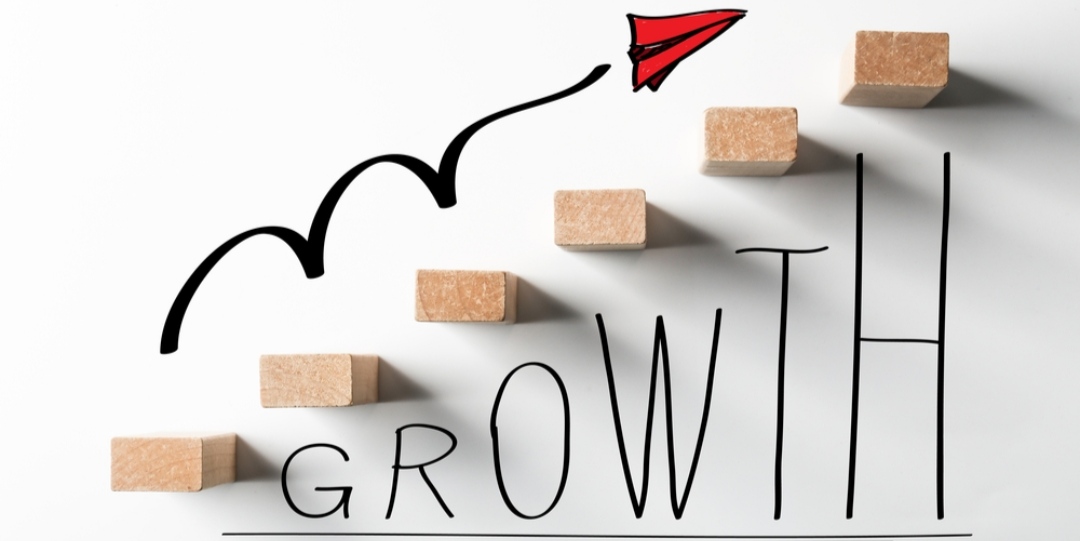Economic growth alone does not necessarily translate into more and better jobs, especially for the poor, vulnerable and those at risk of being left behind. Economic growth is a prerequisite for increasing productive employment; it is the combined result of increases in employment and increases in labour productivity. Hence, the rate of economic growth sets the absolute ceiling within which growth in employment and growth in labour productivity can take place. However, the pattern or nature of growth matters, too. The impact of economic growth on productive employment creation depends not only on the rate of growth, but also on the efficiency by which growth translates into productive jobs. The latter depends on a range of factors, such as the sector composition of growth and the capital/labour intensity of growth within the individual sectors. There is usually a need to increase both the number of jobs and the productivity as well as incomes from employment. A review of economic development from an employment perspective should therefore assess to what extent economic growth has met the need for more jobs and for higher productivity/incomes. Such an assessment needs to be broken down by economic sectors to yield meaningful insights. The extent to which economic growth is associated with and driven by a productive transformation is of major importance to the sustainability of economic development in the medium and long term
Indicators that measure the ability of an economy to generate sufficient employment opportunities for its population can provide valuable insights into the economy’s overall development performance. These indicators include unemployment rates, employment-to-population ratios, labour force participation rates, and the employment intensity of growth or elasticity of employment with respect to output – this last indicator measures how much employment growth is associated with 1 percentage point of economic growth. The decline in the employment content of growth is a matter of policy concern. Explicitly integrating employment and decent work into economic growth and poverty reduction policies helps to maximize the benefits for people and to ensure that growth is both sustainable and inclusive.
The situation of the “working poor” must be a matter of particular attention, especially in countries where the formal economy is small, and where many women and men work – often arduously and for long hours – but are simply unable to earn enough to lift themselves and their families out of poverty. When combining paid and unpaid work, women work longer days than men, and this time-poverty impacts on their ability to access decent work




